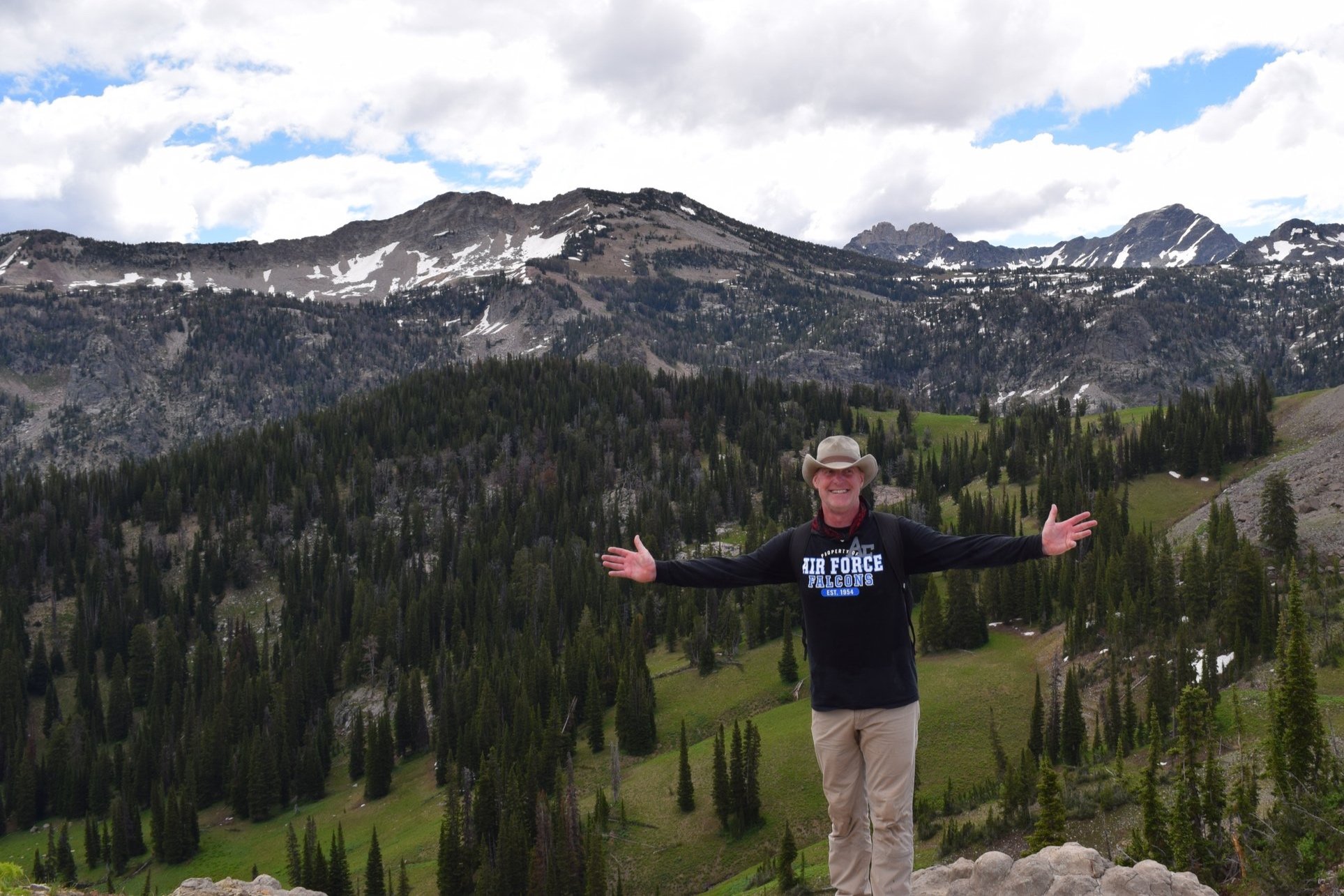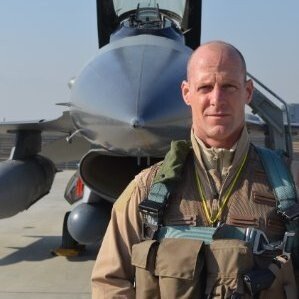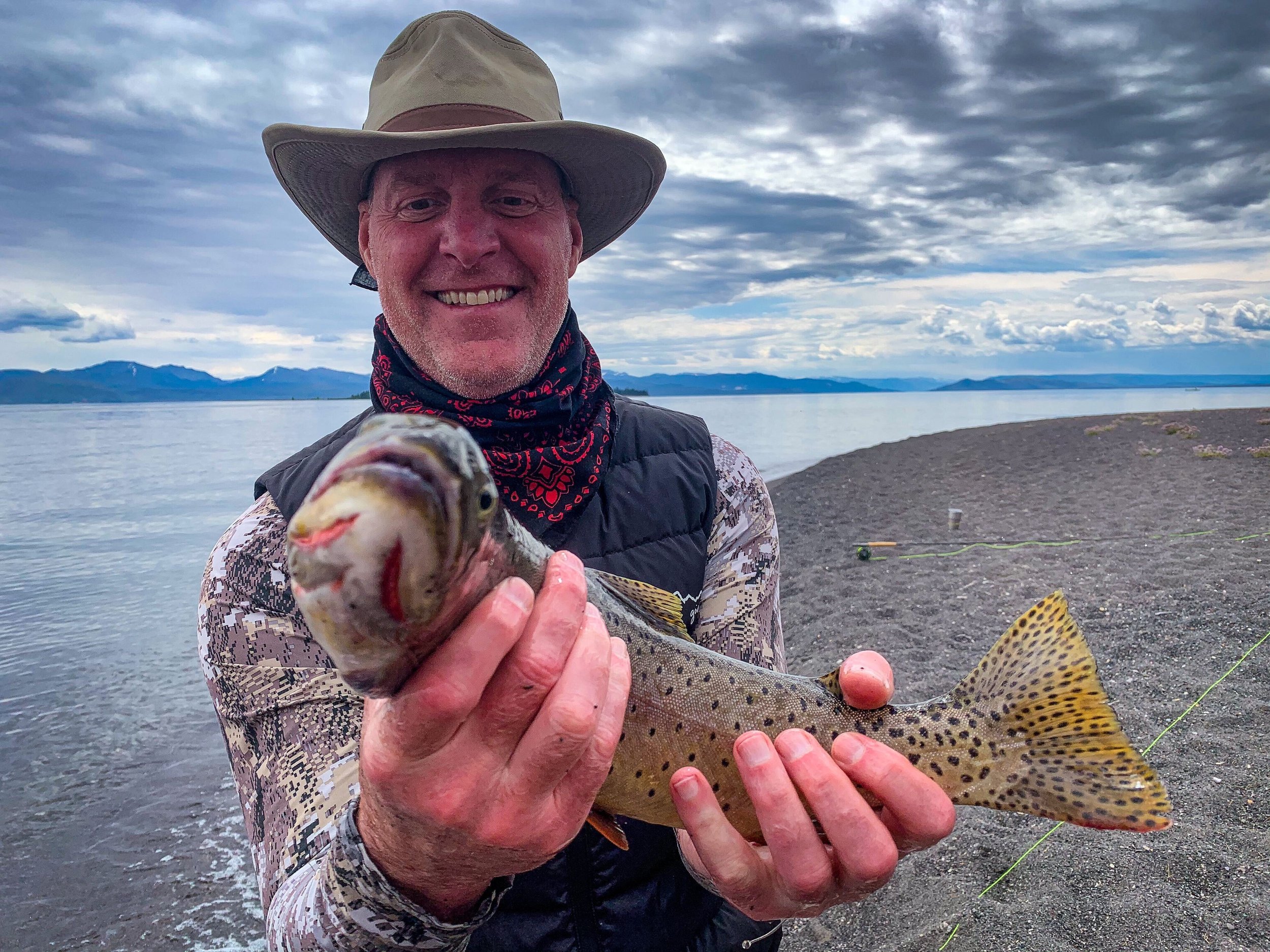Lane Beene
MEMBER NAME
Lane Beene
USAFA ‘91
COMPANY
PILOT-LEGACY PRIVATE EQUITY GROUP
INDUSTRIES
Real Estate Investments
Lane Beene at a TLP Tactical Advance
THE CHALLENGE
When Lane Beene retired from the US Air Force in 2019, he had 28 years of service under his belt, countless hours in the air flying F-16s, and had one foot into a real estate side hustle.
A self-proclaimed, jack-of-all-trades, Lane had no problem buying, fixing up, and leasing single-family homes. What he wasn’t sold on was the idea of thinking of himself as a businessman—mostly because he didn’t understand what it actually meant to be one.
After a dinner with Bill in the Spring of 2019, Lane started pushing himself to answer the simple-but-tough questions required to make his big dream—the Pilot-Legacy Private Equity Group—a reality.
“I was fighting internally,” he said in a recent interview with Bill. “I could clearly see what I wanted to do, but I couldn't script it out. I would write it down, then just throw it away. I finally had a breakthrough when I recognized that writing down plans wasn’t my thing. Sketching it out, stick-figuring things with people and arrows and circles—that brought it to life for me.”
With a concrete idea in place, Lane’s joined The Lions Pride so that he could learn how to articulate this vision for others and complete the evolution from a real estate investor to a real estate business owner.
THE JOURNEY TO tHE 0.01%
According to Lane Beene
YOU ONLY GET OUT WHAT YOU PUT IN
One of the first things I recognized was that I needed to scale his idea. The One Page Business Plan and 10x Life Wheel Assessment were essential tools to help me develop the framework I needed to take this business to the next level. And it all started with one simple question.
What does your business do?
At first, I thought this was the dumbest question ever. I want to make a lot of money, I want to be successful. I want to have something to do.
That obviously wasn’t what the question was asking. It was deeper than that. Beyond me. Beyond the business even.
These concepts are so simple, but they are the most critical—and hardest—questions you will answer and execute. And TLP helped me refine my answers down to their core essence.
Once you get those foundation pieces in place, then it's a lot easier to build upon and you have a sounder foundation. It goes a lot faster from there. You get the value that you put into it because when you show up, you actually accomplish the work.
I learned that if you can't simplify it to the back of a business card, you don't yet have a good business idea. Yet. You have to accept hard work and constant evolution as part of the process. And when you finally nail it, you know.
DON’T BE AFRAID TO CONNECT
The business owners in The Lions Pride Cohort are in a league of their own. And I would put their Tactical Advances at the very top of my list.
There’s definitely value in the Friday Live Coaching and the Tuesday Cohort meetings, but nothing replaces those face-to-face conversations around a fire pit, over dinner, or during a hike. It was during these Tactical Advances that I discovered TLP members were just as passionate about off-work responsibilities and opportunities as they were in advancing in business.
I got a tremendous amount of value just by watching the interaction of others. Even if I was a third wheel in that conversation, just watching the active discussion was really good. I remember thinking, “I'm going to listen to that piece of advice because one day I may need it” or “hey, let me share with you how I dealt with that and what I think is a real benefit.”
THE DIFFERENCE BETWEEN VALUE AND PROFIT
Some of the greatest lessons I learned came through some of my more personal planning (One Page Personal Plan). I was a jack-of-all-trades and had a do-it-yourself mentality. Some would call this “cost-conscious.”. Bill would call that stubborn (and ineffective). When he told me to hire a VA to help you delegate some of these tasks I didn’t like doing (or wasn’t the greatest at), I scoffed at him at first. Assistants cost money. Training would take time. How was that good for business?
Turns out, it’s really good for business. And for me personally.
I took his advice. And I now understand where and when it’s important to prioritize value over cost. What value does a virtual assistant add? An immense value because I value my time more.
JUST ANOTHER WAY TLP ACCELERATES, ADVANCES, AND ADVENTURES (WITH LANE BEENE)
WHY I JOINED THE COHORT
Before I joined The Lions Pride, I didn't really understand the difference between being the owner of real estate assets and being a business owner. TLP helped me evolve that mindset—and my business evolved with it.
Bill challenged and pushed and prodded me to think of it all differently. To think bigger and broader. I fought against the shift initially. I didn't have the wisdom to recognize the fact that I needed to grow the business, and what growing business meant. I needed to employ leaders, not just be the leader.
A lot of people (my former self included!) think: I can do this myself. I can be self-taught. I can watch somebody else in my industry and just pattern after what they do. But that's like saying you can learn to be an F-16 combat pilot by watching YouTube videos or reading a book from the library about it or watching another F-16 combat pilot. You may figure it out. But you’ll either take forever or die trying (sooner than you think).
If you really want to maximize your skill, minimize your effort, and optimize the time it takes to get really, really good, then hire the best coach you can. Hire the best flight instructor that you can afford, and then they will teach you how to fly that F-16 right from the cockpit. They'll show you combat mindset and maneuvers. They'll share all their experiences and stories and tactics. That's their job.
The only thing you have to do is listen to their advice. Do what they say. Ask questions. Get feedback. Keep up with what they’re teaching. You’ll get there faster, safer, and with a heck of a lot less energy, because sometimes the cost of mistakes in business, and certainly in the F-16, can be lethal. And, trust me, it’s a lot easier to avoid those mistakes when you can learn what they are from those who made them—and lived to tell about it.
Watch Lane Beene's full interview with Bill Watkins.
“If you hang around a bunch of really sharp, forward-thinking, high character individuals, you can’t help but be sharpened in the process.”
“What I believe is the true value of The Lions Pride is our ability to curate badasses who want to grow their leadership, share their influence, and make an impact in their areas of expertise.
I don’t want to be ‘the guy.’ I want hundreds of Lane Beenes because those are the people you want to hang out with—because of the value that they bring when you’re with them.”





